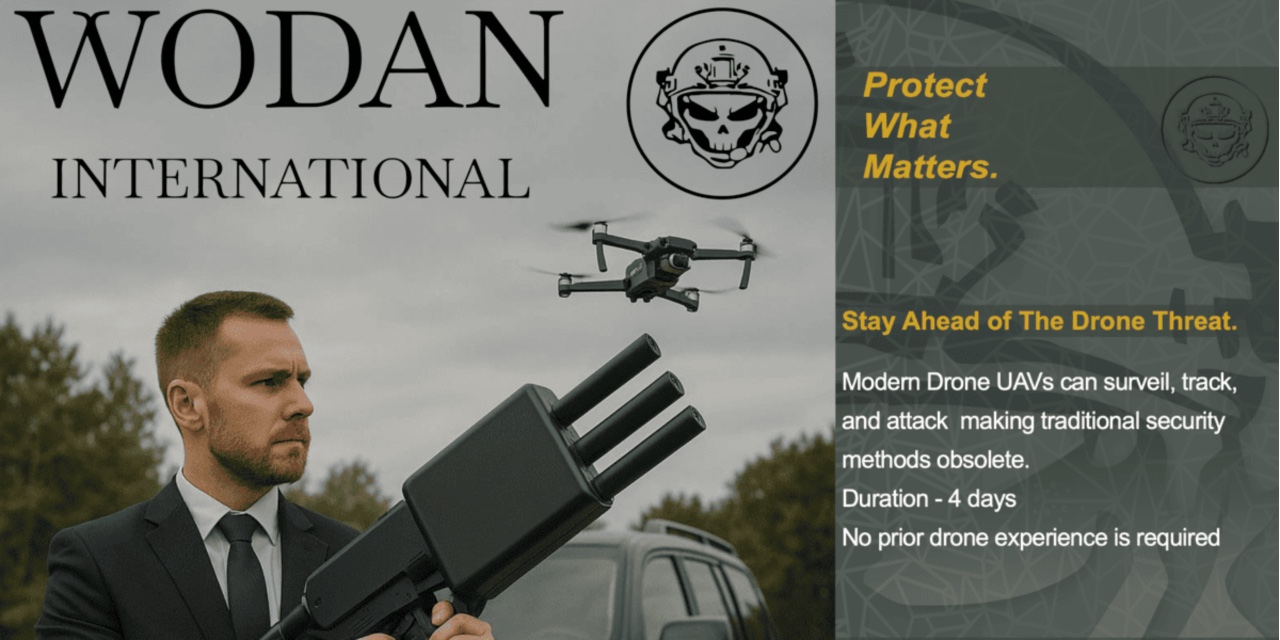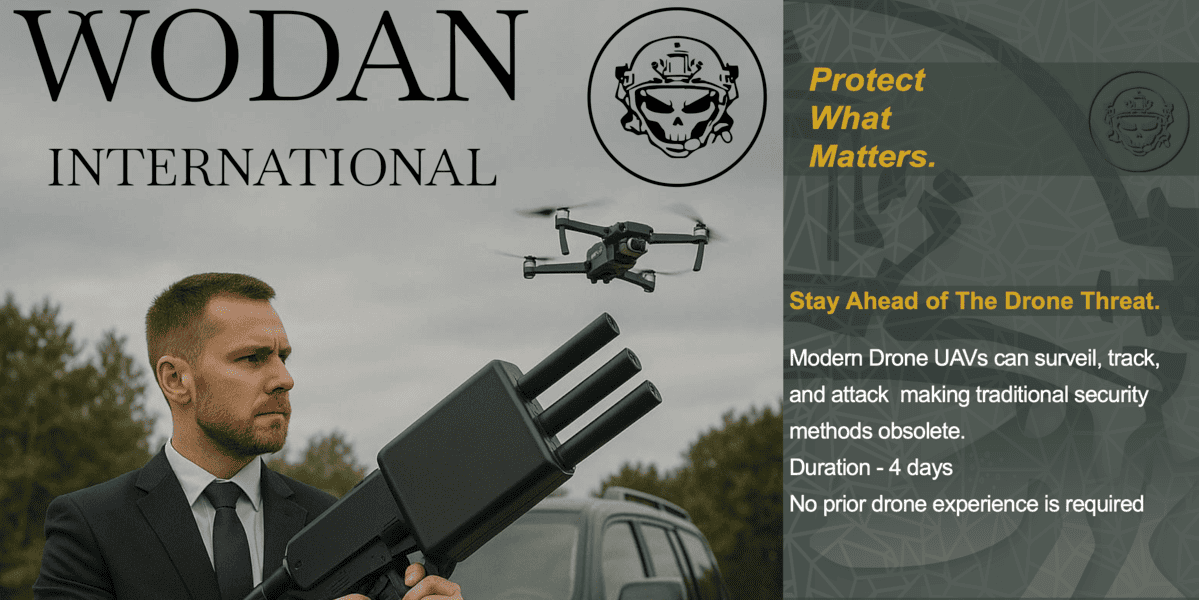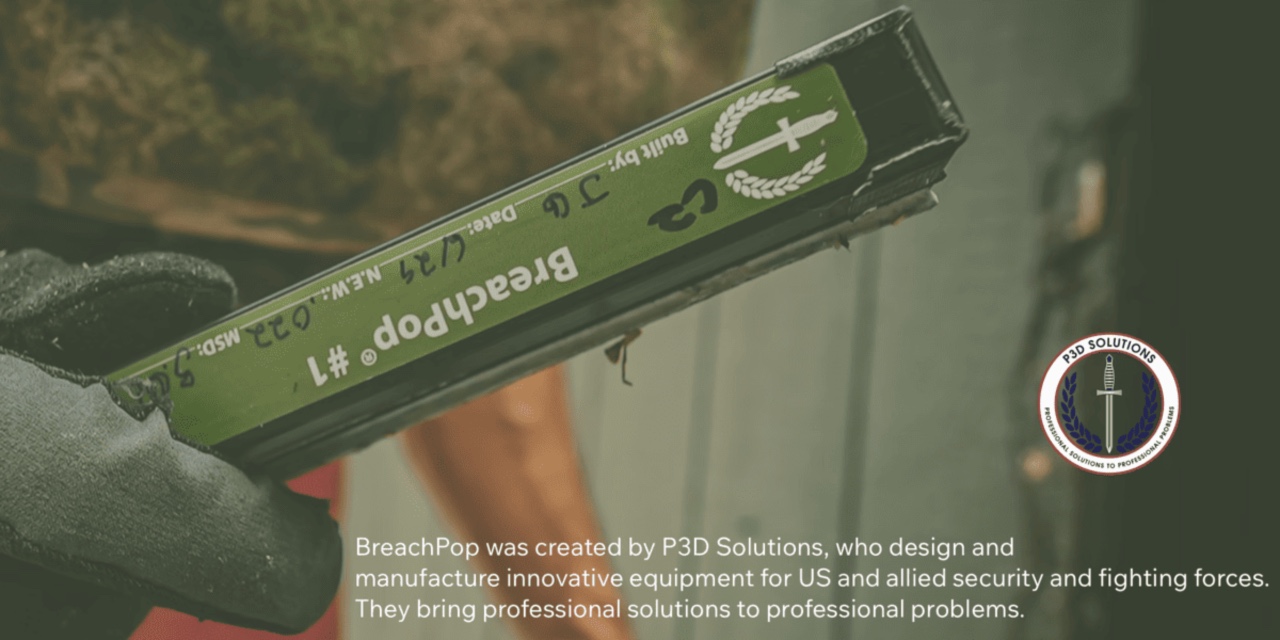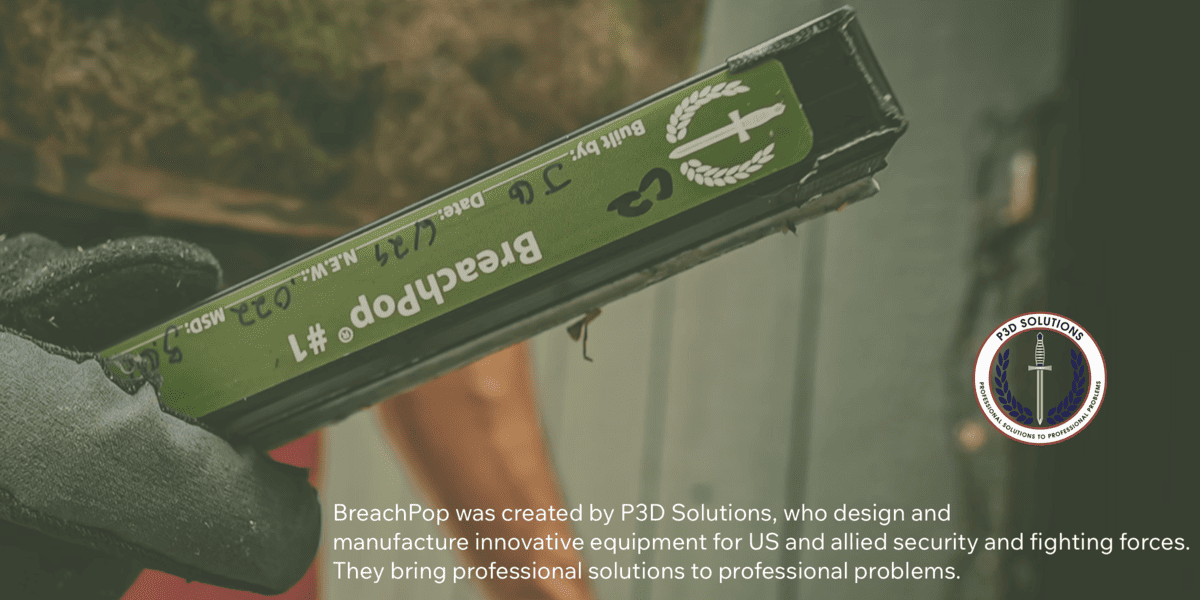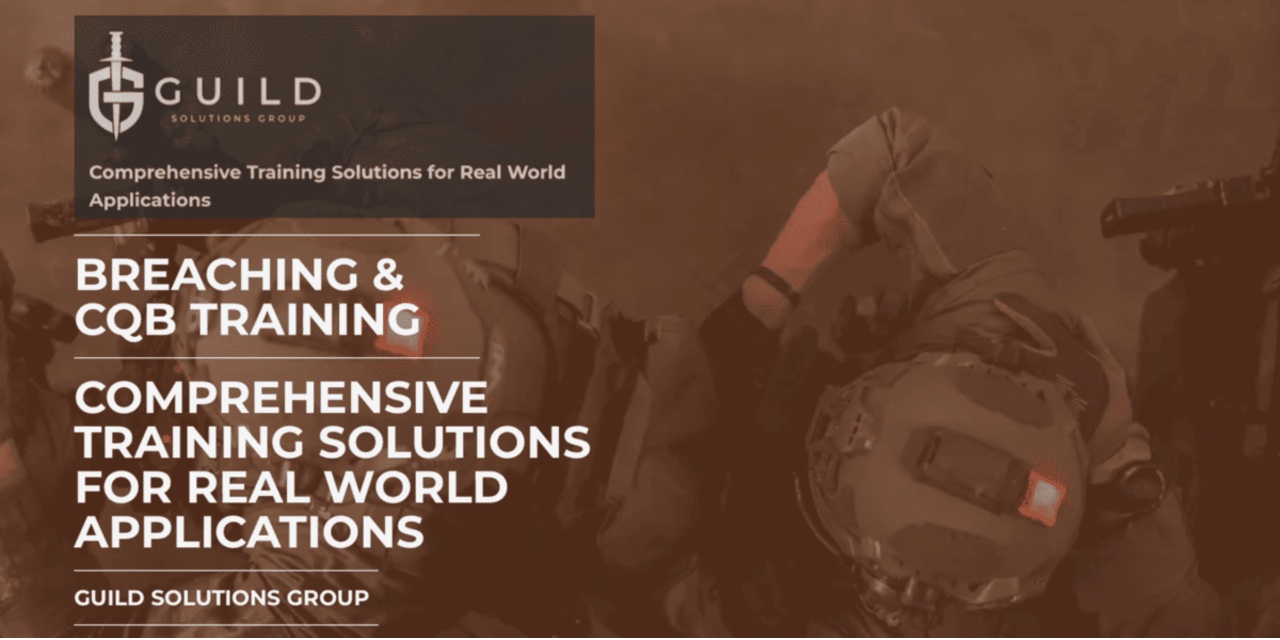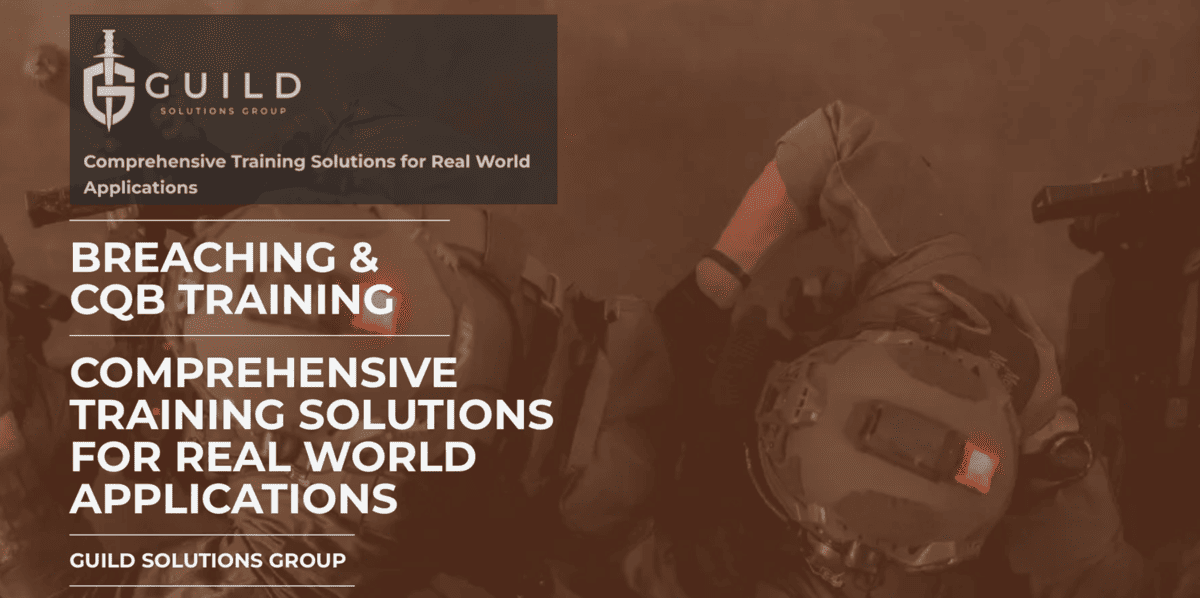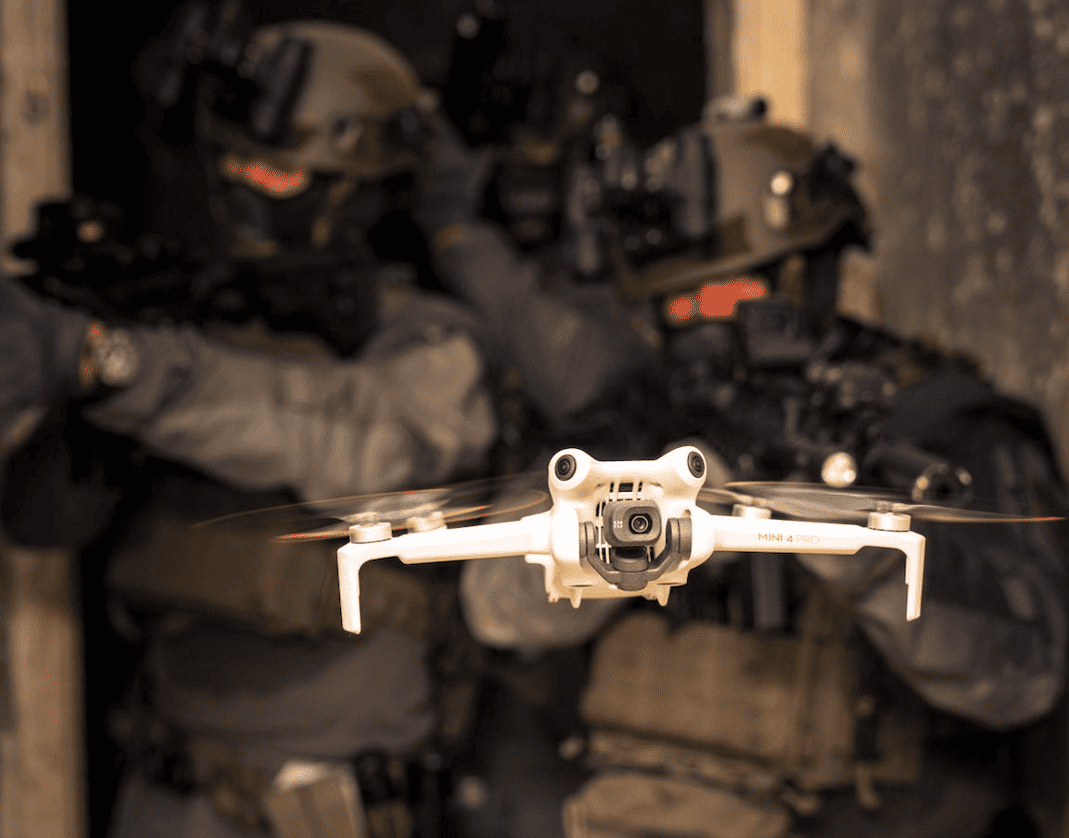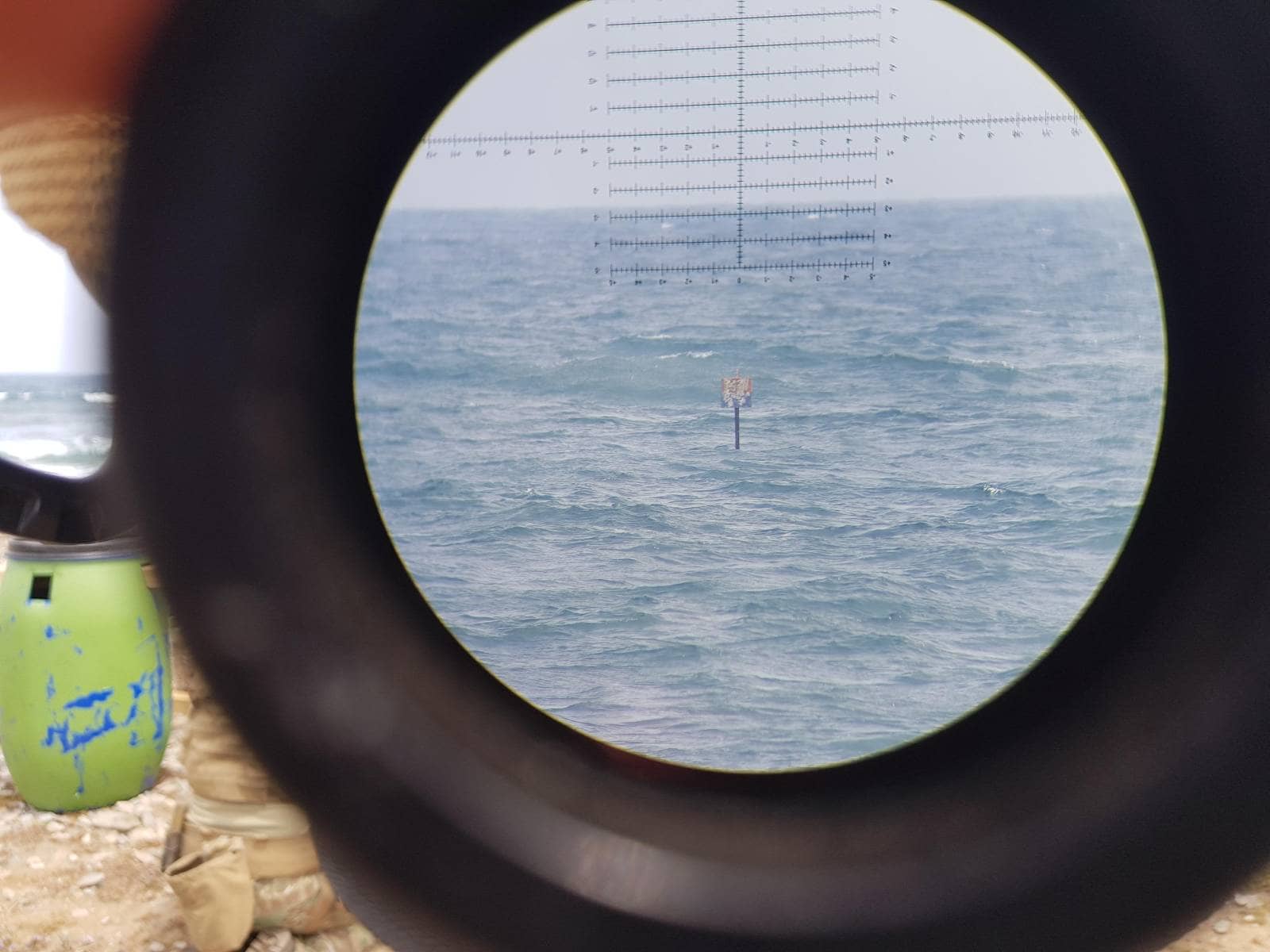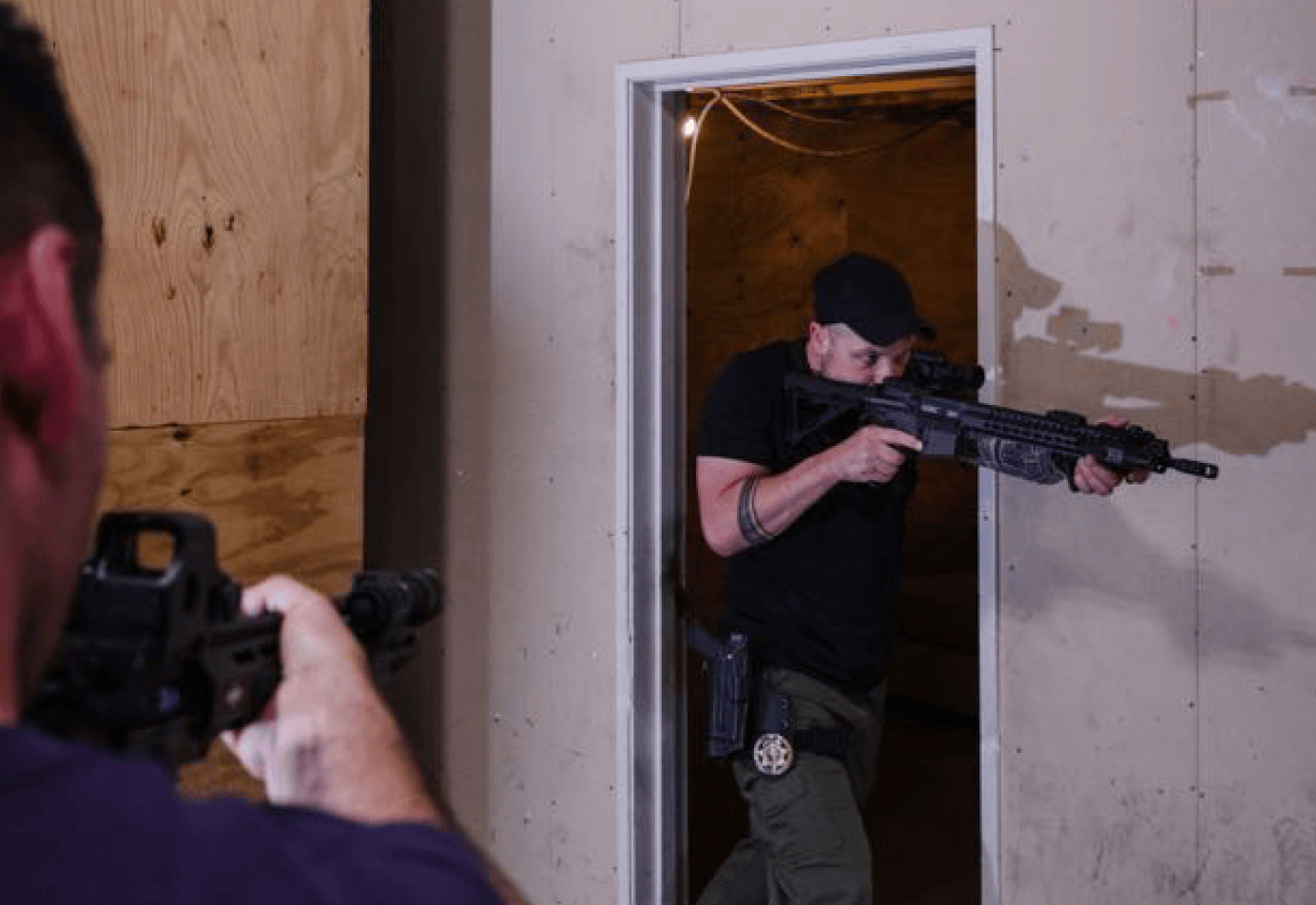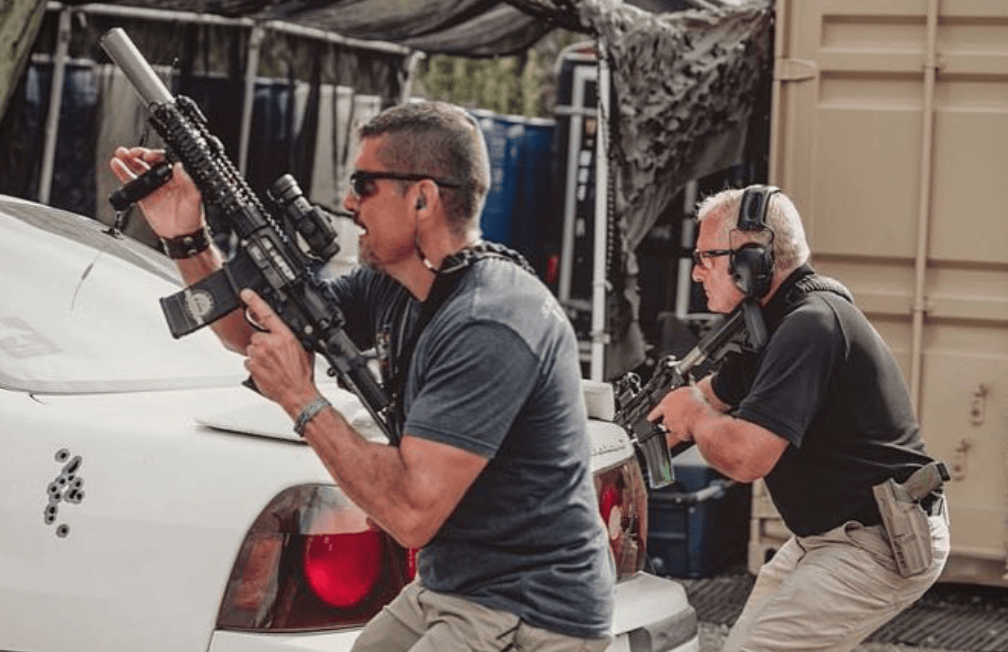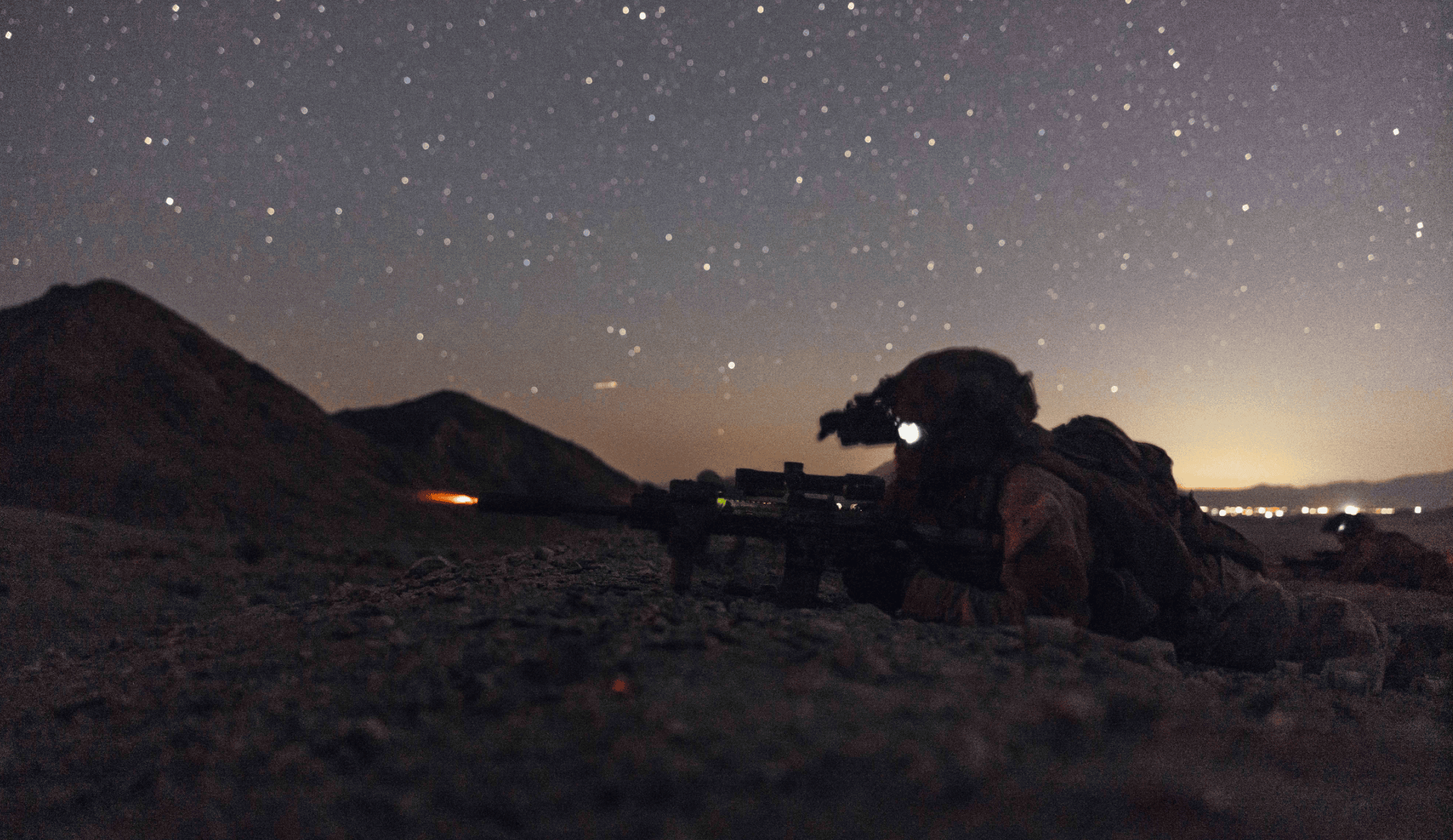
Thomas Lojek
Interview
Is the U.S. Preparing for War with Venezuela?
5. November 2025
I am protecting my sources under the alias “The Operator.”
This interview is based on conversations with a former U.S. Special Forces expert in unconventional warfare and a close protection specialist with close ties to U.S. intelligence and South America.
Official Sponsors
Thomas Lojek: Is the U.S. preparing for war with Venezuela?
The Operator: The U.S. is sending a message — we’ll act if and when we decide to.
The current buildup in the Caribbean isn’t about invasion prep; it’s about posture and readiness.
Could it turn into direct action? Maybe.
No one outside the room where those calls are made really knows.
The rest — media talk, public speculation — that’s part of the game.
The message isn’t for them.
It’s aimed straight at Maduro and his inner circle.
The buildup is about putting all options on the table
Thomas Lojek: What options does the U.S. have against Venezuela with its military buildup in the Caribbean?
The Operator: I rule out a full-scale invasion of Venezuela.
The U.S. wants to avoid getting dragged into another foreign war — nation-building is costly, unpredictable, and politically unwinnable.
We won’t see that.
The buildup is about putting all options on the table, including the full spectrum of military action, but Washington will weigh many other measures before stepping into something it’s promised the American public won’t happen under this administration.
It’s worth noting that the 160th Special Operations Aviation Regiment — the “Night Stalkers” — is involved.
These are the pilots who flew SEAL Team Six into Pakistan to kill Bin Laden.
But I wouldn’t bet on an operation to kill or capture Maduro.
Hitting an isolated compound in Pakistan is one thing; penetrating a fortified presidential residence in Caracas is a very different challenge.
Special Forces operations — raids, sabotage, and strategic strikes
Thomas Lojek: What other options are likely against Venezuela now?
The Operator: One option is limited Special Forces operations — raids, sabotage, and strategic strikes — to increase pressure on the regime and demonstrate a willingness to act.
But I still don’t expect large numbers of boots on the ground; that would be too risky, especially given the U.S. public’s aversion to direct military intervention abroad.
The risk of a coup openly backed by foreigners
Thomas Lojek: Will the CIA try to set up a coup?
The Operator: We’ve tried that before — and it was a sobering experience.
The only realistic path I see is if insiders within the regime conclude they have to sacrifice Maduro and his inner circle to ensure their own survival.
The Venezuelan military might be the best lever for that kind of internal shift.
The risk of a coup openly backed by foreigners, especially with direct U.S. involvement, is extremely complex.
The Venezuelan military has been trained by Cuban intelligence to resist both coups and large-scale invasions.
In that case, they’d likely fall back, blend into the population, and use asymmetric warfare, sabotage, and guerrilla tactics against any foreign or weakly supported coup forces.
Never underestimate the opponent — Venezuela’s military, intelligence services, and regime structure have learned from the conflicts in the Middle East and Ukraine.
They understand how those lessons shape the modern operational environment.
They won’t fold easily; too many interests are at stake.
Add to that the presence of veteran Colombian National Liberation Army (ELN) guerrillas inside Venezuela, and you’re looking at a very difficult scenario.
Covert operations to undermine the regime
Thomas Lojek: What is the most likely scenario USA vs Venezuela?
The Operator: Most likely we’ll see continued strikes against smuggling routes, paired with harsher rhetoric and direct threats delivered through media and diplomatic channels.
The CIA will run covert operations to undermine the regime from within.
We may also see limited strikes against elements of the Venezuelan military to send a blunt message: “You better act, or we will erase you.”
The military still has a decisive voice in who runs the country.
That said, things can escalate fast — always keep that in mind.
It’s also realistic to envision a limited campaign similar in character to parts of the Iran–Israel conflict: a focused period of strategic strikes intended to degrade the regime’s capabilities and destabilize its control, conducted within a deliberately constrained timeframe and scale.
Such a campaign could be presented as a political success for the U.S. administration, and that political framing is always part of the decision calculus.
That would be a future step — and a major one.
How will Russia, China, Iran, and Cuba react?
Thomas Lojek: How will Russia, China, Iran, and Cuba react if we see military action against Venezuela?
The Operator: Their involvement will be limited. Russia and China will likely provide intelligence support, financial aid, and possibly offer regime members — along with their money — an escape route or asylum if needed.
They’ll also try to move weapons and equipment into the country through covert channels.
Cuba will do what it always does — send advisors and provide training.
Honestly, they can’t do much more than be a persistent pain in the neck, but they’re good at that.
Overall, we’ll see the usual playbook: protests at the UN, limited logistical support, advisors on the ground, and selective material aid — just as in every proxy conflict.
Escalation into a larger war
Thomas Lojek: Any chance this could escalate into a larger war involving direct efforts by Russia or China to “teach the U.S. a lesson”?
The Operator: No, I don’t think so.
The anti-U.S. axis would prefer to see Washington bogged down in Venezuela — it’s in America’s own backyard and tied to the already tense border situation, both politically and in terms of security.
This is a chess game.
Russia and China will let the U.S. make the moves while they exploit the distraction.
Their goal is for the U.S. to overstretch its global reach, and Venezuela offers them a low-cost opportunity to help make that happen.
